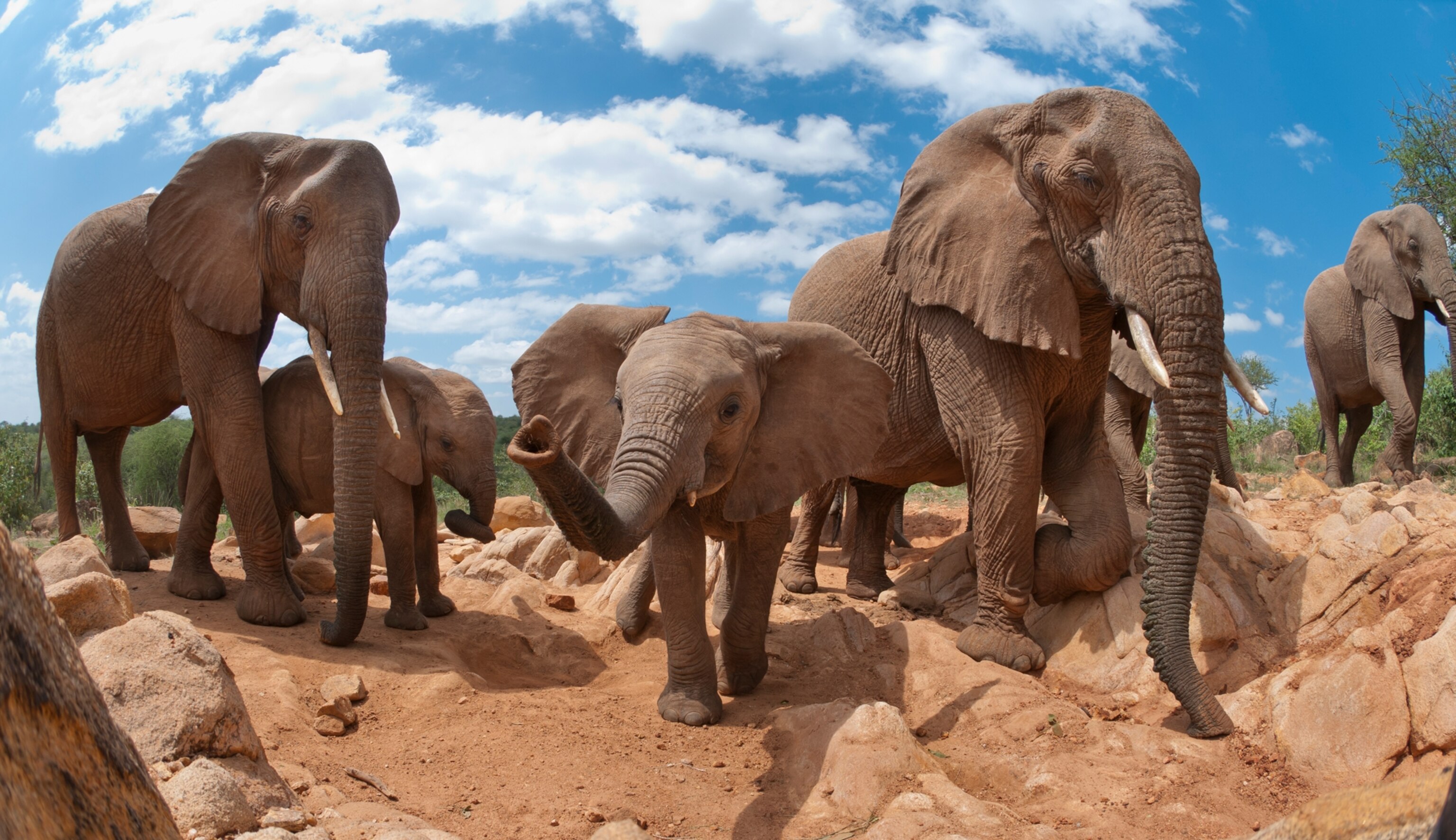
Here are 7 creative ways you can still explore the world
Our travel news column launches with a look at African safari cams, backyard foraging, and controversy on the Appalachian Trail.
Should you be hitting the Appalachian Trail during a pandemic? Which wildlife groups need your help now? Earth Day 2020 is here—but the world looks very different to travelers in a time of coronavirus. That’s why we’re launching The Radar, a weekly series to help travelers navigate a changing world.
In ways large and small, COVID-19 will influence our future journeys. Case in point: Governments may require airlines to practice their own social distancing measures—like flying with empty middle seats—if travel ticks up later this year. According to a new story in Skift, that could mean airfares rise as much as 50 percent. Disruption to the travel economy will affect people living in the world’s beloved travel destinations as well as conservation efforts that tourism helps support.
While our movements may be limited, our wanderlust is not. In the words of conservationist Rachel Carson, who wrote in Silent Spring, “Those who contemplate the beauty of the earth find reserves of strength that will endure as long as life lasts.”
Beaches bounce back in Alabama
This week, Alabama and the rest of the Gulf Coast mark the 10-year anniversary of the Deepwater Horizon oil spill that began on April 20, 2010. Some people said the region would never be able to bounce back from such a devastating environmental disaster.
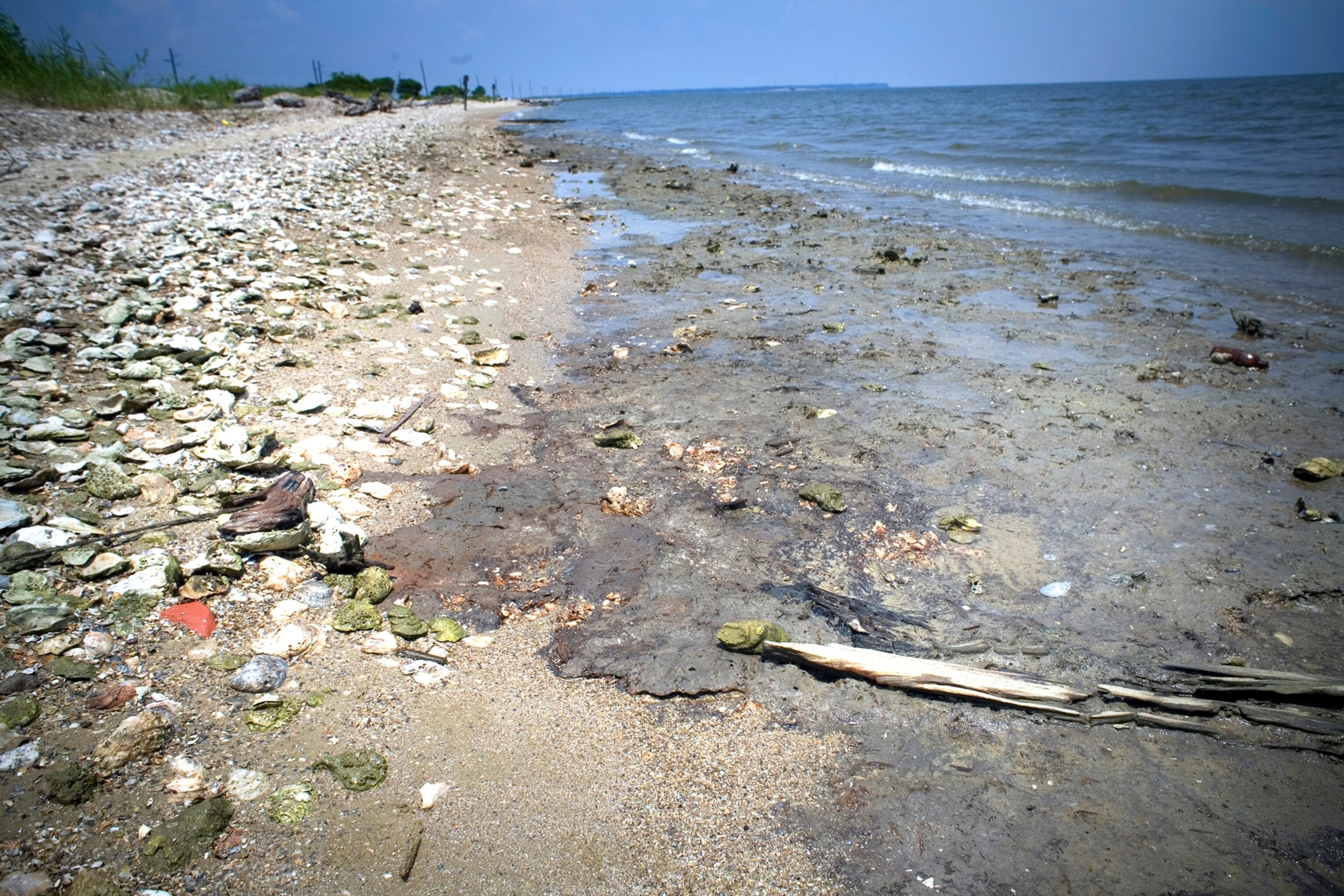

But the coast did bounce back. Although the area’s marine life still faces struggles, some species have rebounded strongly, including red snapper, menhaden fish, and the brown pelican, Louisiana’s state bird. Sea turtle nesting happens on now pristine beaches.
Alabama has used part of its multi-billion-dollar settlement between BP and U.S. federal and state governments to become a leader in sustainable tourism. Gulf State Park now features expanded trails and a beachfront interpretive center that is aiming to be certified as a Living Building, which generates more energy than it consumes. Also in the park: one of the country’s greenest hotels.
Then COVID-19 happened. “It’s kind of ironic that 10 years later we’re dealing with a completely different unknown, more economic than environmental this time,” says Chandra Wright, director of environmental and educational initiatives at the Lodge at Gulf State Park. But if that disaster a decade ago taught the region anything about how to deal with the current crisis, says Wright, it’s that “we may not know what coming back looks like, what the new normal is going to look like, but we are going to come back—bigger, better, and stronger.”
Help with citizen science from Florida to France
With the current travel restrictions, many scientists can’t get to their research sites around the globe—and neither can the army of volunteers who help collect data. Since March the environmental nonprofit Earthwatch, which sends travelers to assist with projects like studying climate change in the Andorran Pyrenees and wildlife on the Mongolian steppe, has had to cancel 104 expedition teams. If the rest of its field season, which runs through the end of September, gets scrubbed, scientists will lose some 88,560 hours of volunteer work.
But there are ways for grounded volunteers to stay involved. And, it turns out, they’re doing so in droves. At SciStarter, a citizen science portal, new participants in online projects have increased by about 380 percent, says founder and Nat Geo Fellow Darlene Cavalier. Another online platform, Zooniverse has seen a roughly six-fold boost in the number of people logging on to help classify calls from manatees in Florida, identify animals in camera trap photos from France’s Mont Blanc, or contribute to about 50 other projects. With this pandemic, “the world is seeing firsthand how important science is in finding solutions to complex problems,” says Earthwatch CEO Scott Kania. That’s one more reason—as if we needed it—to return to the field, mountains, and oceans as soon as possible.
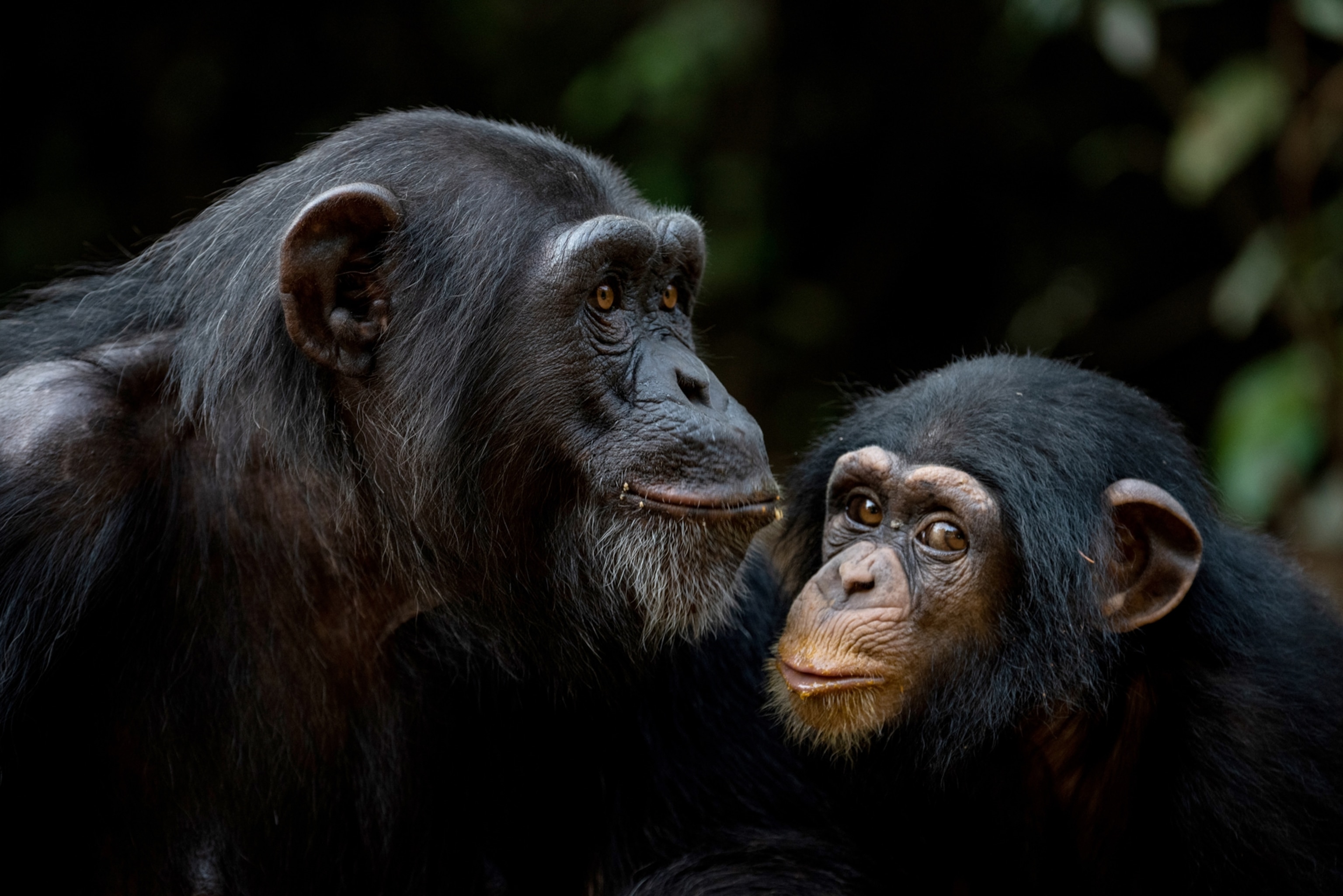
Save chimps in Sierra Leone
Wildlife groups largely depend on tourism to help them foster, feed, and protect vulnerable animals. They’re facing tough times due to the COVID-19 pandemic. At Sierre Leone’s Tacugama Chimpanzee Sanctuary (TCS), volunteers care for 96 orphaned chimps. “But our field projects have greatly suffered and have been placed on hold” since the virus spread, says development manager Aram Kazandjian. “We’re faced with an urgent need to raise $10,000 a month to pay staff salaries, feed the chimps and staff in lockdown, as well as meet running costs.” You can donate here.
Other animal organizations in dire need of funding due to coronavirus travel stoppages include Save Elephant Foundation in Thailand, which cares for elephants languishing due to the collapse of tourism; and Peru’s Centro de Rescate de Amazonico, which rescues, rehabs, and, later, releases injured Amazonian rainforest animals such as manatees and spider monkeys. (Read our story on Peru’s illegal animal trade and efforts to quash it here.)
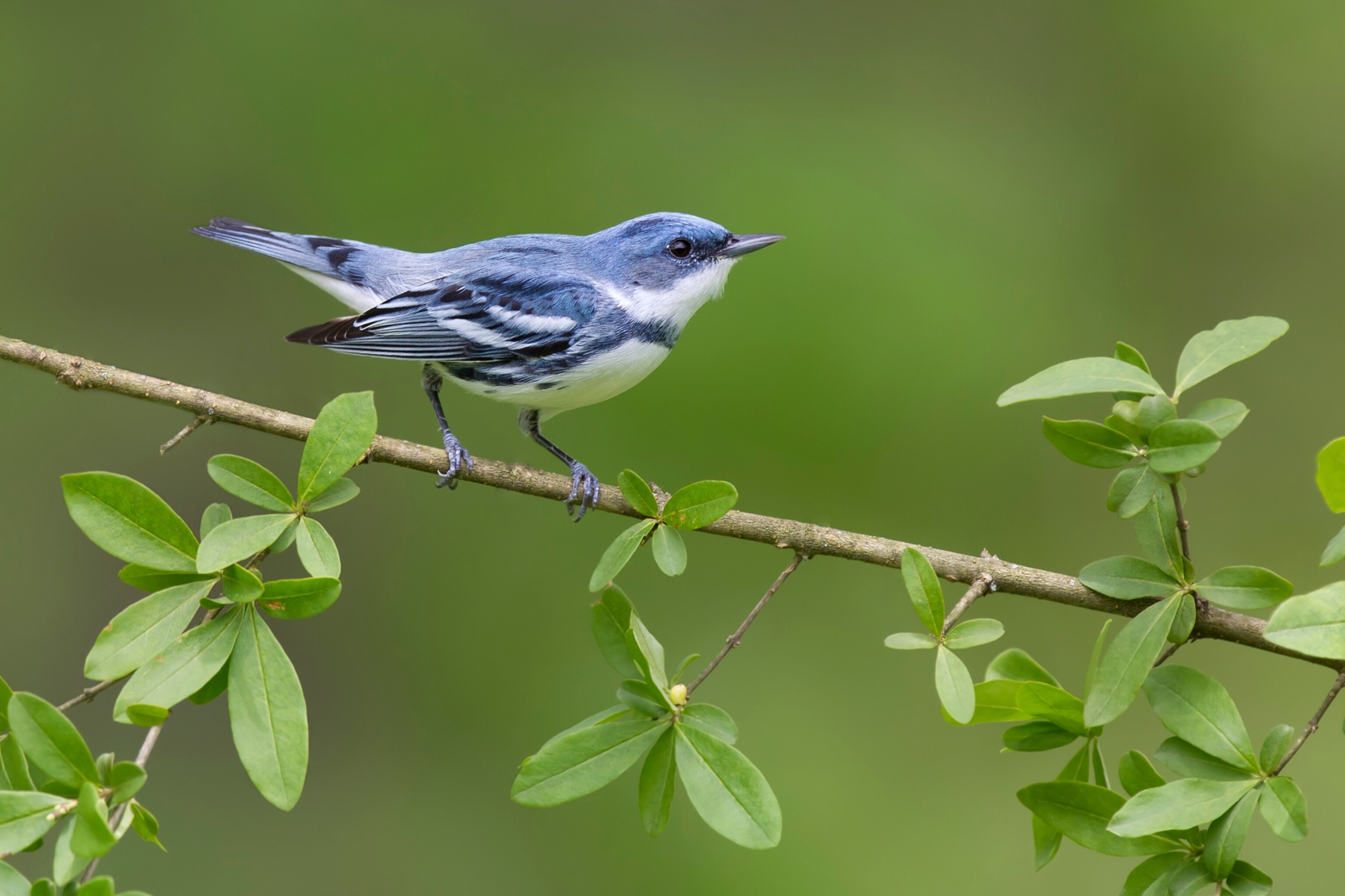
A podcast takes you birding
When things get tough for self-proclaimed “jaded conservationist” Jacob Job, he goes birding. And with his seven-episode podcast “Voices of a Flyway,” he brings us along with him. The auditory journey ventures through the Mississippi Flyway, a 2,000-mile superhighway for millions of brightly colored songbirds traveling north up the Mississippi River. Among the breakout hits: the sweet, bell-like sounds of the bright yellow prothonotary warbler and the buzz notes of the cerulean warbler.
Along the way, the National Geographic Explorer reveals the greatest environmental threats facing America’s commercial heartland, from Louisiana to Minnesota. “If we better understood just how much we depend on the environment,” he says, “I know we'd all demand that we take better care of it.”
Take a virtual safari in Africa
Not happening right now: spotting big cats, giraffes, and other megafauna as you bump across the African savannah in a Landrover. But, as our colleagues at National Geographic Traveller UK report, Explore lets you do that virtually via wildlife-focused feeds across the globe. The non-profit live-nature camera site has feeds from national parks including South Africa’s Tembe Elephant Park and Democratic Republic of Congo’s Tayna Nature Reserve, a gorilla haven.
You can also tune into a live, daily safari drive hosted by Wild Earth. Knowledgeable guides and camera operators bring viewers thrills in real time—and let them send guides questions as they go along. “The drives help people from all over the globe connect with nature from the comfort of their own homes,” says Wild Earth’s Emily Wallington. “Since the coronavirus started to spread, we’ve seen an unprecedented jump in the number of people we are reaching.”
Georgia focuses on foraging
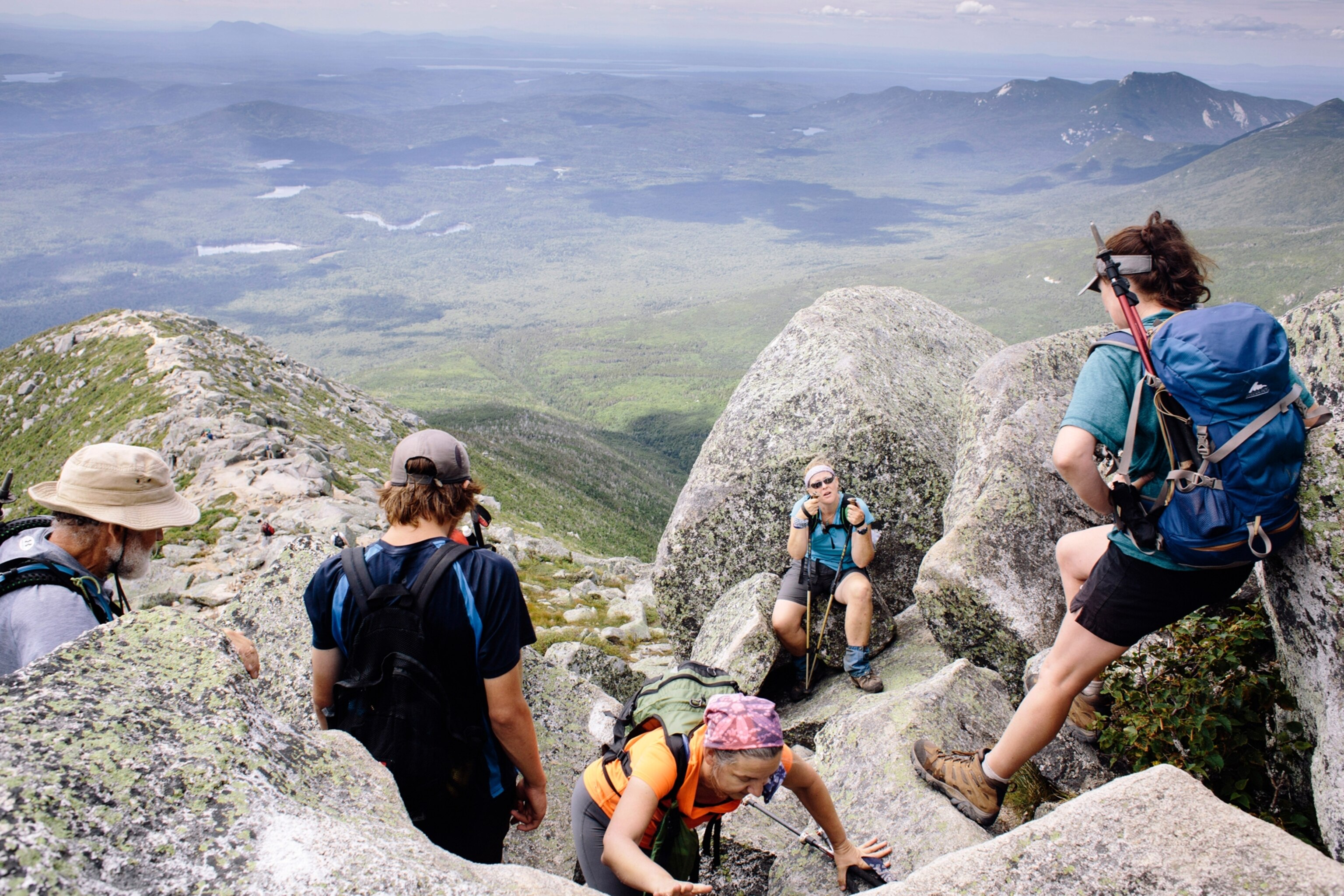
Last year the U.S.’s largest edible forest, the Urban Food Forest at Browns Mill, took root in Atlanta, Georgia. Amid a government-designated food desert, park visitors can pick figs, black walnuts, and mushrooms, plus mullein and other medicinal herbs across seven acres of a pecan farm turned city park. Although Atlanta parks are still open, harvesting is not allowed while pandemic precautions are in place. Instead, Atlanta’s “food forest ranger” Mike McCord suggests digging into the foraging trend by planting a community garden or a simple container garden with herbs and vegetables on your deck. “Growing your own food is super simple, and nobody wants to go to the grocery store right now,” he says.
Just landed: Travel news
◼ Trailing controversy: On April 1, the Appalachian Trail Conservancy wrote to the Department of the Interior and the National Park Service requesting closure of the Appalachian Trail in response to COVID-19. “The AT is possibly the highest-used trail in the entire system, so social distancing is hard,” says Hawk Metheny, a senior regional director of the trail. The ATC argues that total closure is “only way to provide safety for our gateway communities, trail users, and federal employees.” To date, the Department of the Interior has not responded.
◼ Changing plans: How has COVID-19 changed travel attitudes in the U.S.? A data set released by the U.S. Travel Association indicates that 85 percent of travelers planning to travel in the next six months will change their plans due to coronavirus. Some 48 percent of people polled will cancel trips entirely; 43 percent will reduce their travel plans; 19 percent will change their destinations so that they can drive instead of fly; and 11 percent will change their trip from international to domestic (source: Longwoods International supported by Miles Partnership, April 14).
◼ Living with lemurs: In her new book, Chasing Lemurs: My Journey into the Heart of Madagascar, biological anthropologist Keriann McGoogan recalls her adventures (and malarial misadventures) in Africa studying the playful primates. She’ll be hosting a Facebook live reading and slideshow April 23 at 7:30 EST.
◼ Sightseeing for free: An absence of tourists has led to a burst of creativity in the Faroe Islands, a North Atlantic archipelago located halfway between Iceland and Norway. A few years back, the territory amused and attracted tourists with its Google Sheep View campaign. Now, in response to the pandemic, they’re introducing “Remote Tourism!”—and you have to see the video to enjoy the experience. It’s a free trip, and we’ll take it!